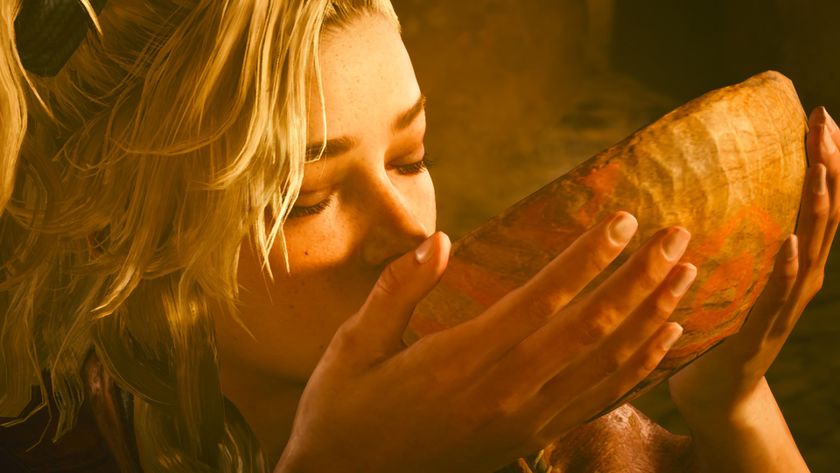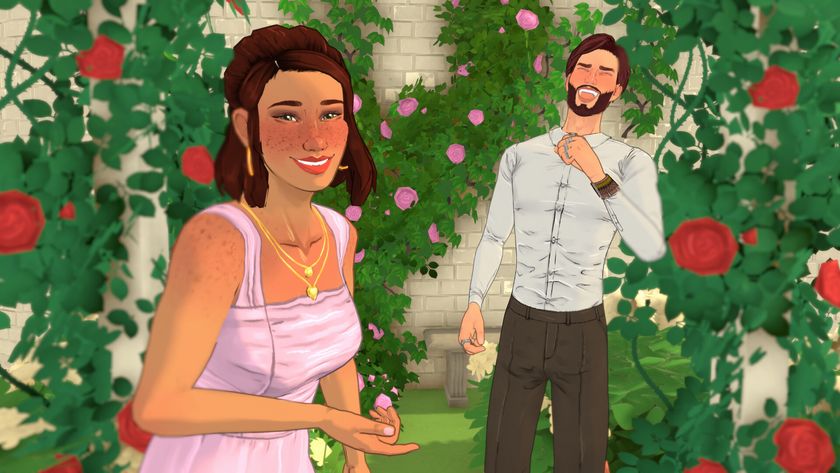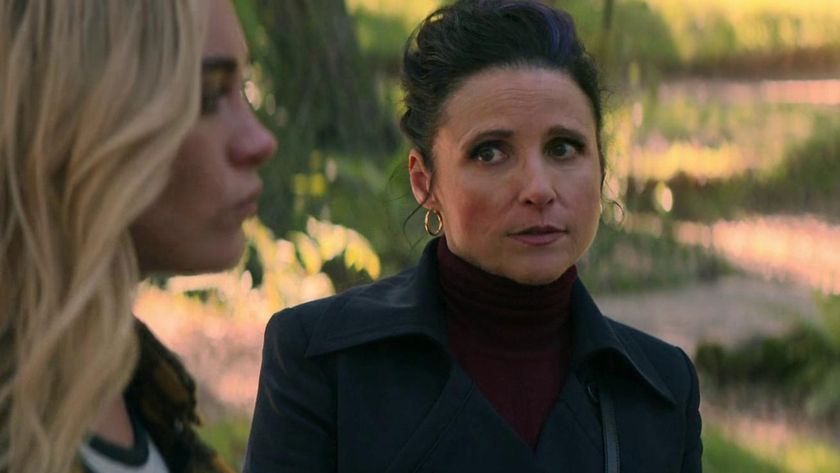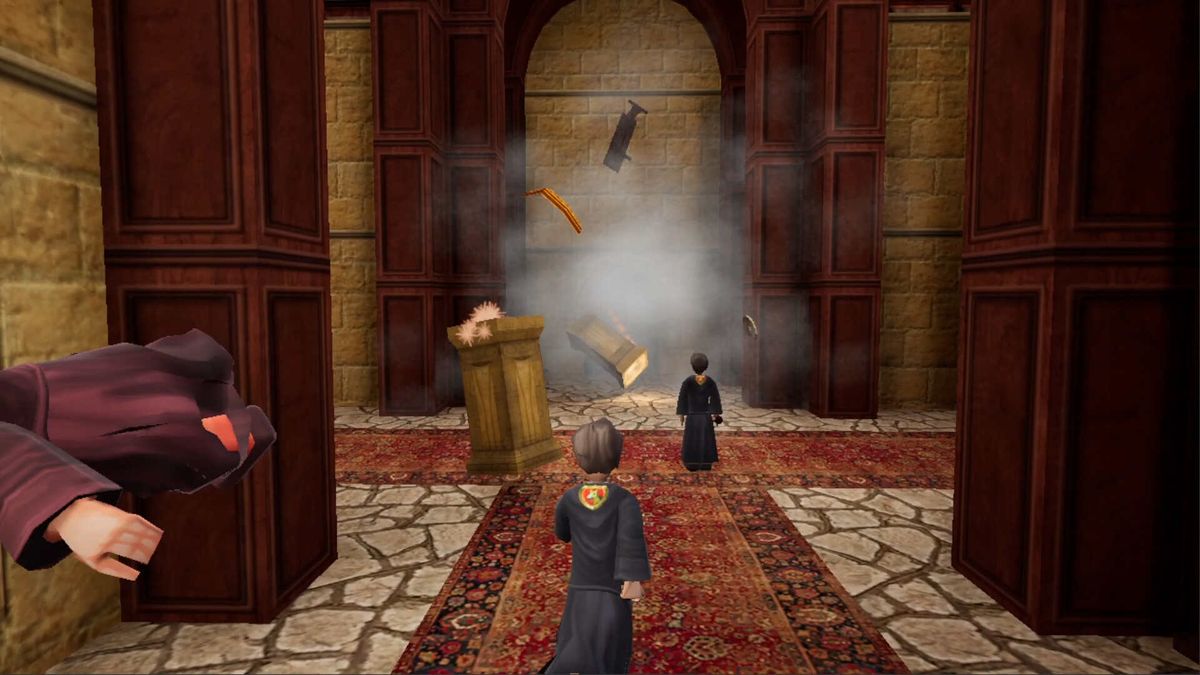
"Wizard Boy was a normal boy wizard, about to start his first year at Wizard School," begins the demo for my favorite Steam Next Fest game yet. From its opening cutscene, Secret Agent Wizard Boy and the International Crime Syndicate leaves you in no doubt as to its intentions - this is simultaneously a game offering a deeply authentic parody of the original Harry Potter games that inspired it, all while also providing a destructive send-up of the books that inspired those PS1 classics.
The game begins in the courtyard of Hogwarts Wizard School, where Harry Wizard Boy has been tasked with uncovering a crime ring. All around him are the telltale marks of the first two PS1-era Harry Potter games; floating biscuits replace collectible jelly beans; gormless pre-teens stand in simple animation cycles; flat textures stretch across entire walls of the castle.
There's a simplicity to the world that's a parody of the PS1 in itself, but Secret Agent Wizard Boy is hiding an obvious love for those original games. Your first spell is a pastiche of the omni-functional 'Flipendo', and casting it on inanimate objects causes them to flail just like they did 20 years ago. There's a fountain texture on the walls that could well be lifted direct from the originals. Secrets are hidden behind statues and paintings in corridors that I could have sworn Harry himself made his own way down.
While the setting itself might be extremely accurate to the PS1, the rest of the game is not. It is, in fact, hilariously, deliberately broken, thanks in large part to a spell you learn early in the demo. That spell, Dopplo, allows you to clone any physics object in the world. At first, I thought it was just a tool for solving puzzles, like cloning an out-of-reach item to get its copy to fall down to me. Then, I inadvertently cloned a student, before later finding both copy and original crushed by a trap - I realized in horror that the clone had followed a very slightly different path, taking them in line with an unfortunately-placed pressure plate.
I started to realize that I could clone anything. Decorations could be doubled, and then moved to act as stairs or bridges to grant access to secret areas. The biscuits that served as the game's currency could be forged, granting me the ability to buy whatever I want. But perhaps most important was the ability to replicate potions. A cauldron in one corner of the castle allowed you to combine specific ingredients, with different results; anything from increased max health to increased movespeed to invisibility. With Dopplo, I could create as many potions as I liked, leave a stash somewhere in case of a stat-wiping death, and cause havoc throughout the castle.
As so, with the help of one specific potion, that's what I did. With maxed out health and some healthily-enhanced movement speed, I stumbled upon a brew that increased the power of my basic spell. Now, instead of a tool for simply interacting with objects in the environment, it was a magical grenade launcher - something I learned the hard way the first time I used it, when my proximity to the resulting blast sent me flying backwards, crumpled in a heap against the castle walls. A little fine-tuning, however, and I could make sure that I was far away from any blast zone.
With my 'build' complete, the explosion from a single cast was enough to let me wreak destruction across the entire castle. Even the pointy hat-wearing student security guards were powerless to stop me. Eventually, Wizard School lay quiet, paintings, potions, and pews scattered throughout the hallways. Whether Wizard Boy had been successful in derailing the Crime Syndicate, I couldn't tell you, but I do now have a strange hankering to dig out a PS1 emulator.
Sign up to the 12DOVE Newsletter
Weekly digests, tales from the communities you love, and more
Or, I could play Quidditch Champions, which is still using Wizard Sport tech from those original games.

I'm GamesRadar's news editor, working with the team to deliver breaking news from across the industry. I started my journalistic career while getting my degree in English Literature at the University of Warwick, where I also worked as Games Editor on the student newspaper, The Boar. Since then, I've run the news sections at PCGamesN and Kotaku UK, and also regularly contributed to PC Gamer. As you might be able to tell, PC is my platform of choice, so you can regularly find me playing League of Legends or Steam's latest indie hit.
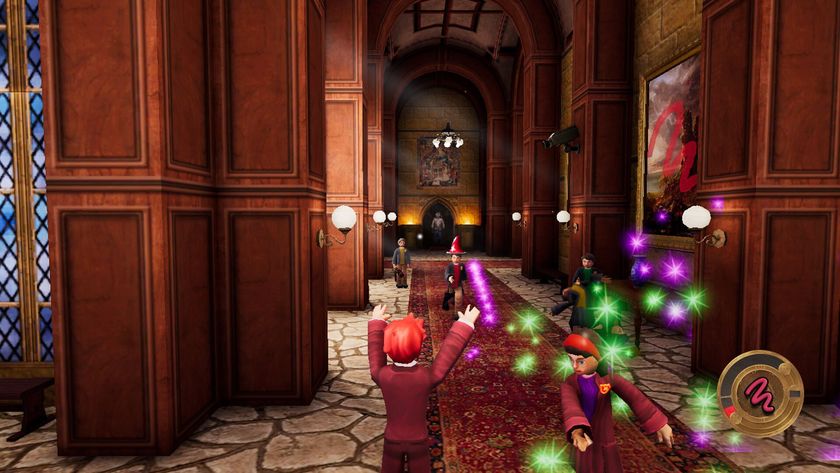
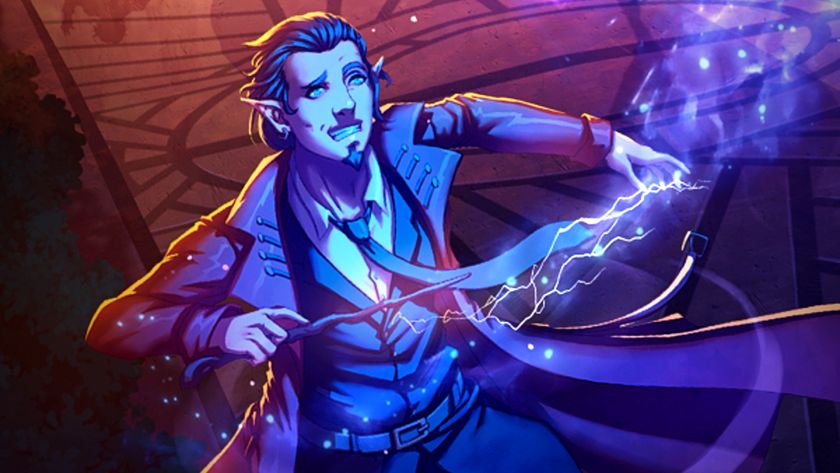
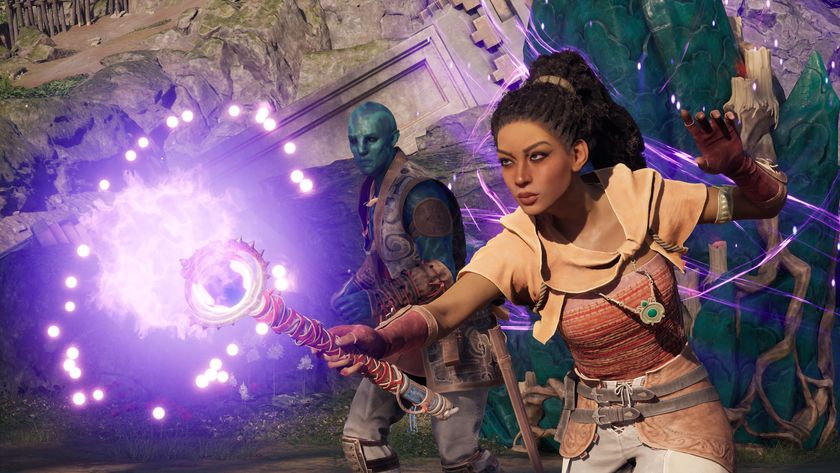
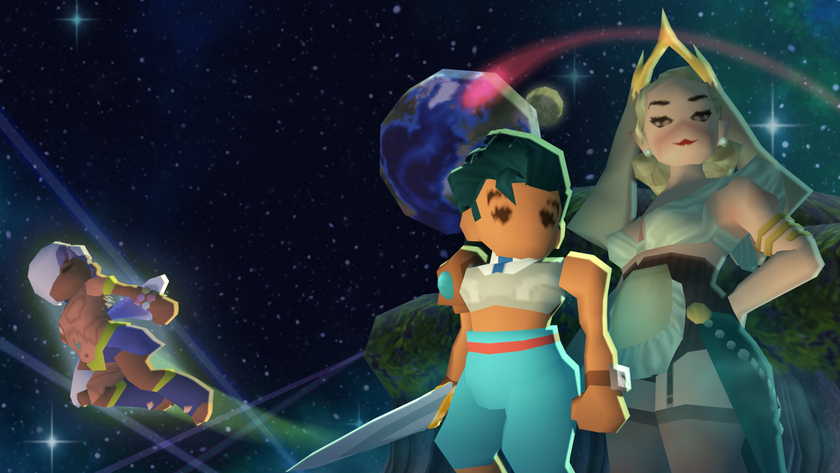
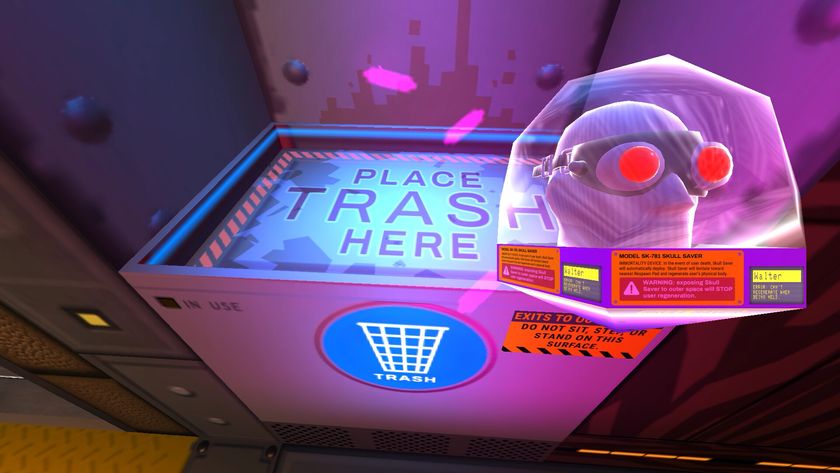

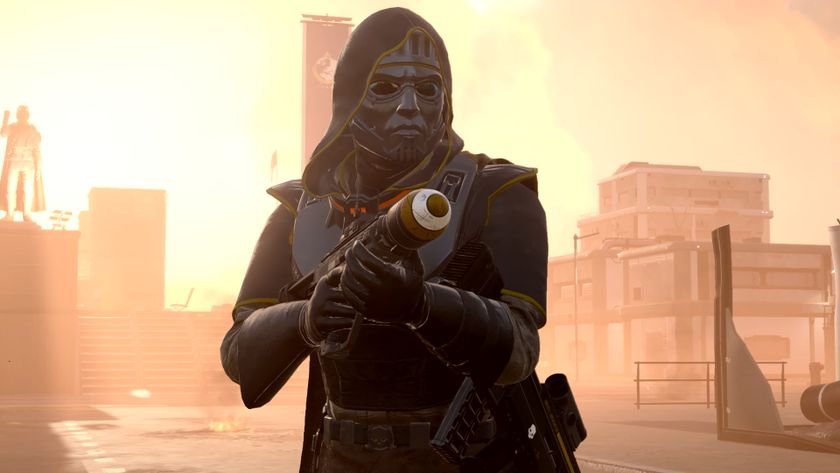
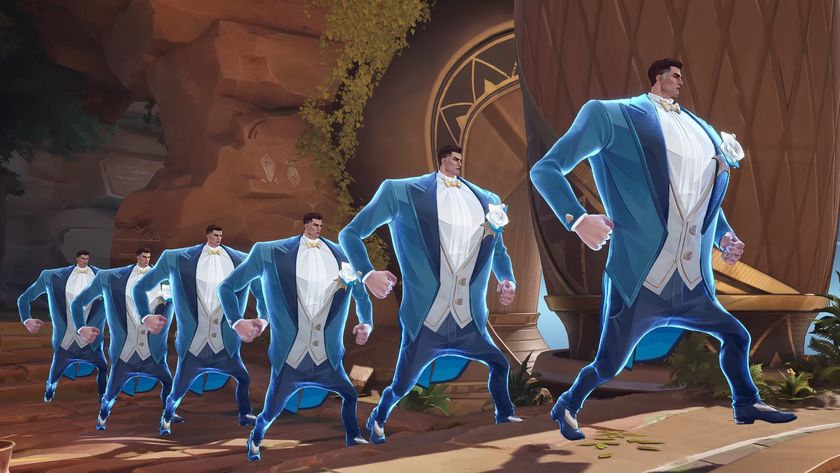
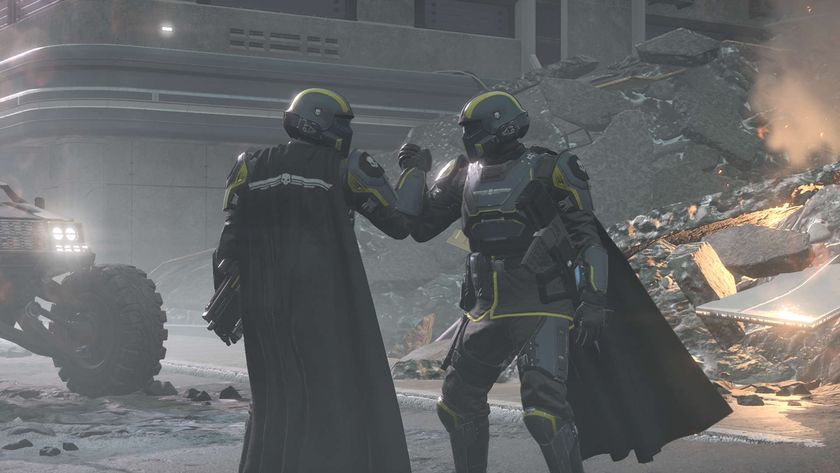

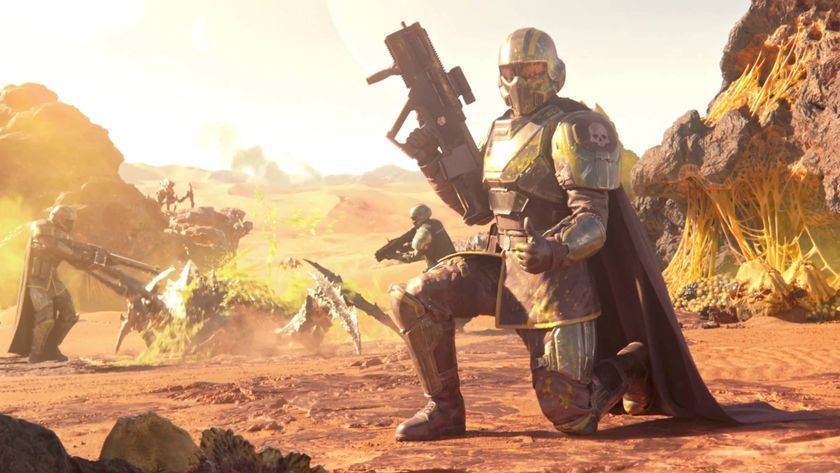

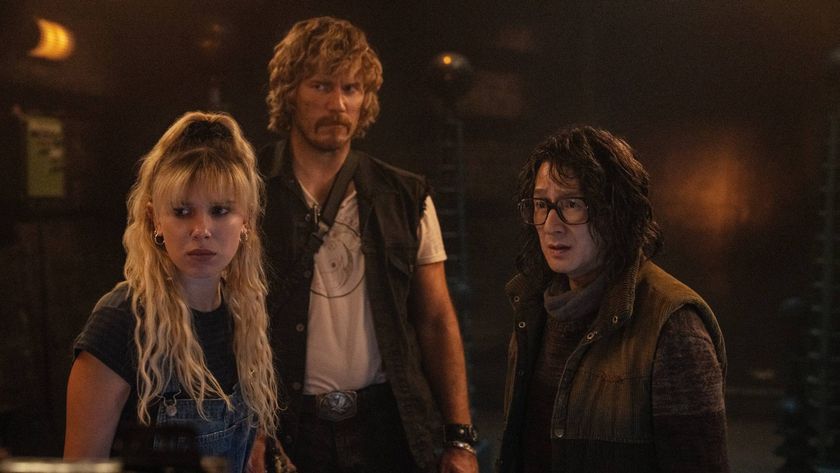
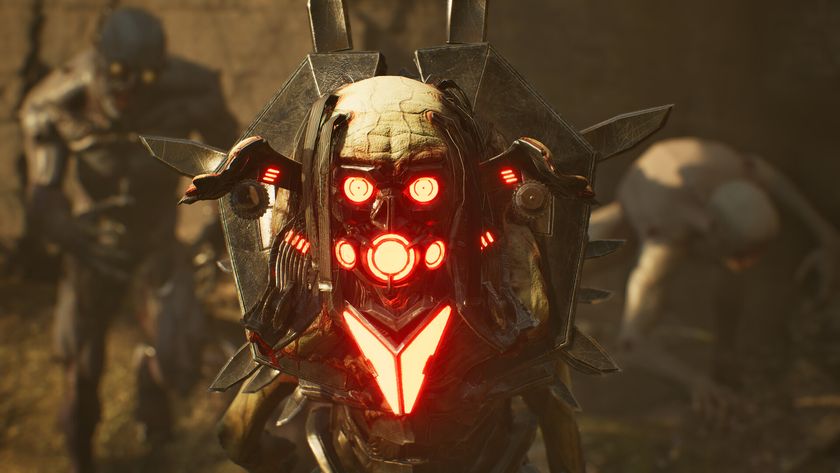
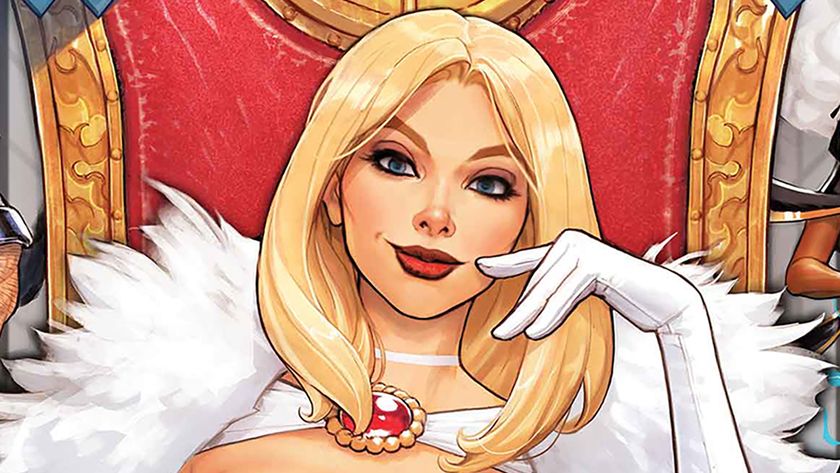

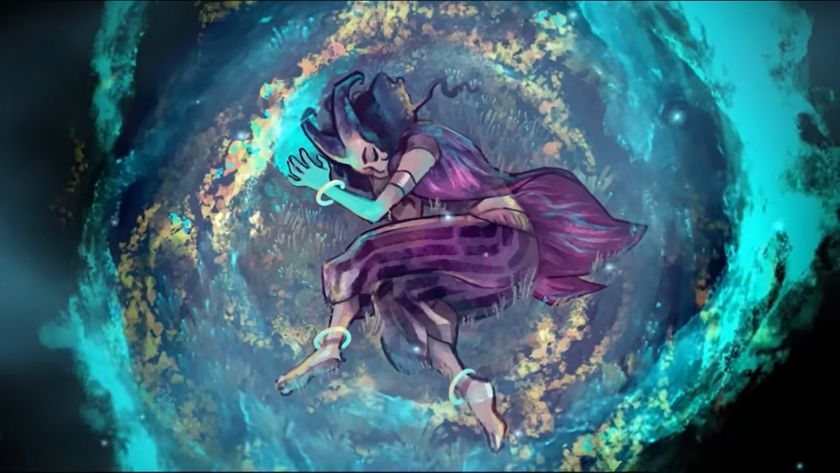


Helldivers 2 has a Major Order problem, but the solution isn't simple because "having 100% participation means the MOs will always be won and that introduces other issues"

Marvel Rivals' new Clone Rumble mode sounds like the kind of absolute chaos multiplayer games need more of
